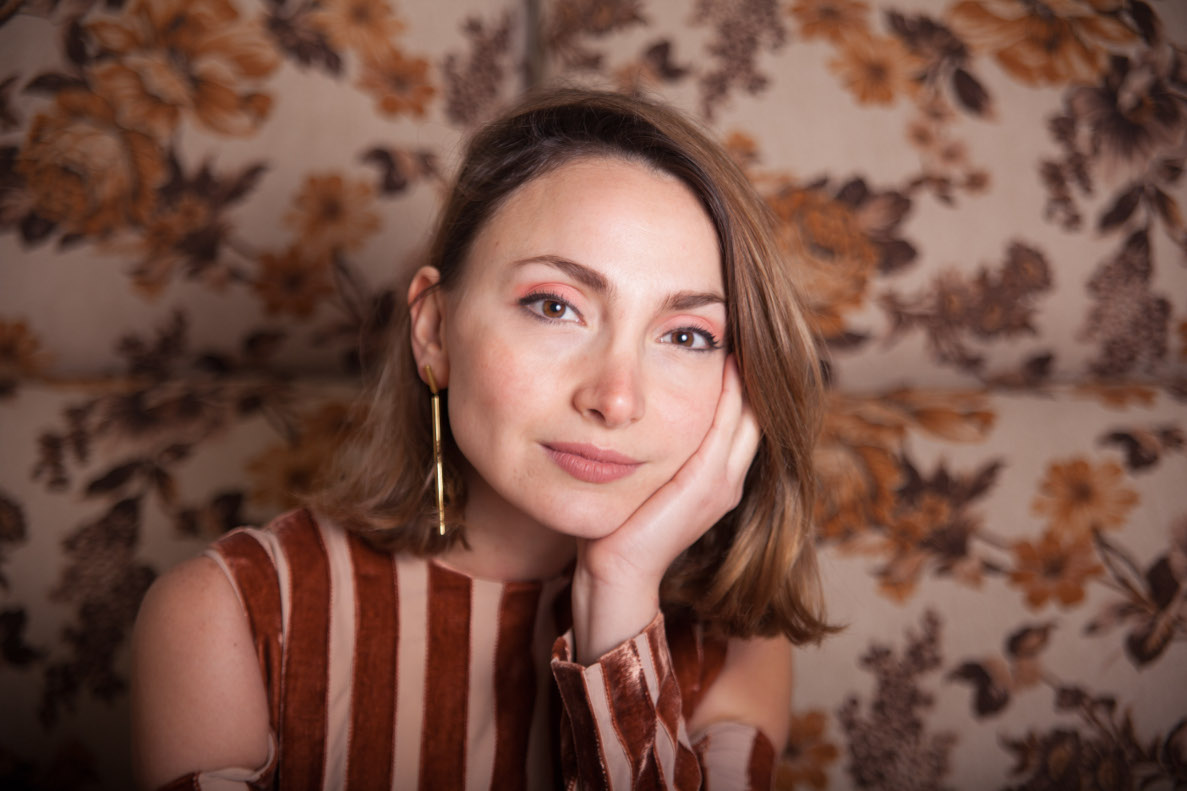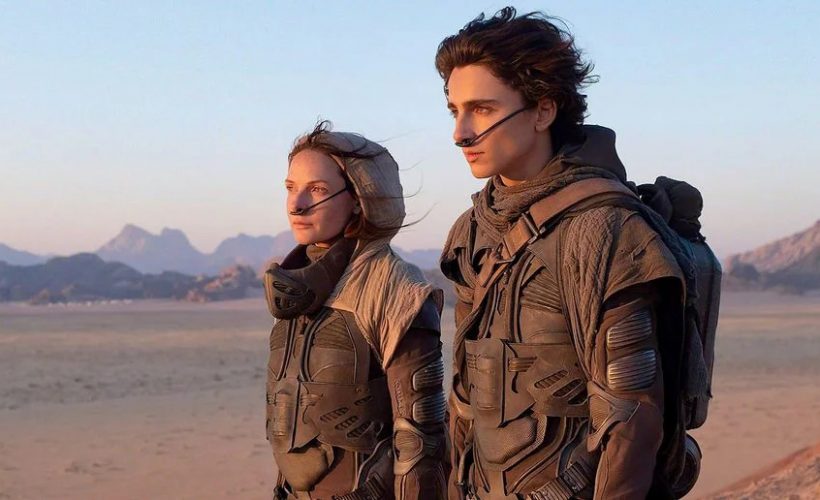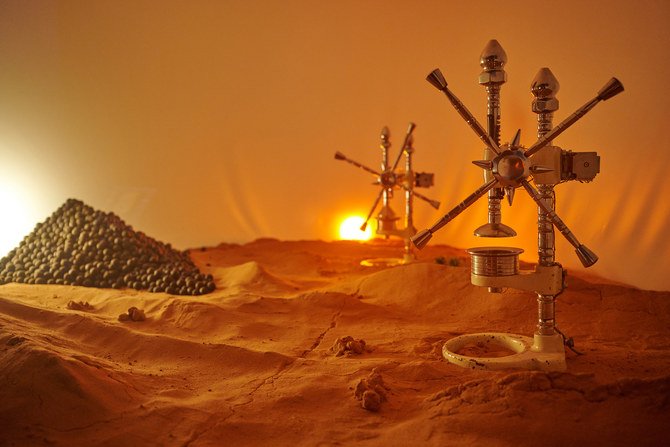Lifestyle
11.10.2020
Lynn Adib: “Music is a very powerful thing”

For the first episode of what we hope will be a long series of interviews devoted to Arabic music in all its forms, we welcome Lynn Adib, singer, musician, and composer of modern Arabic music and jazz. Syrian, deeply attached to Lebanon, where she has lived, and Paris, where she is based, Lynn Adib shares with us her background, her influences, her news and her future projects.
Can you tell us about your musical background?
I was a member of La Chorale de Joie which was at the church of Notre-Dame-de-Damas. So it was really at the church that it all started. I had more of a spiritual relationship with singing. I really grew up with it. We used to lead the masses, but the particularity of this choir was that it was very much focused on the musical and artistic side. Sometimes they even gave us music lessons. We worked with Muslim choirs, we did a lot of activities that were outside of the religious side, spiritual for me, but not religious. Afterwards, I entered the Damascus Conservatory, which is called the Solhi al Wadi Conservatory (a composer and conductor, founder of the National Symphony Orchestra of Syria, editor’s note). Then I came to France, and I was accepted at the CRR in Paris, which was a bit of a dream place for me. So I gave up another dream, which was to study in the United States, in Berkeley, and I stayed. Today, here I am, mixing all styles at the same time.

What are your influences?
I have many influences. You can start with Byzantine music, with the choirs mentioned above. There is the music called “Chaâbi” or “Arab Arab” as well. For Europeans, it’s Omar Souleyman who embodies this style, but in fact, he is only a sample of this richness of traditional music which is hyper simple, very repetitive, and which gives like a kind of trance. I love this style, it’s a bit what I often write too.
Then there is classical music, but not so much. There’s Chopin, who I love especially. And then there’s jazz. So in jazz, I started listening to the most famous singers. It was really basic at the beginning: Ella Fitzgerald, Sarah Vaughan, really the most famous names. And afterwards, I discovered a little bit of Bebop, that is to say a little bit of the music of the 50s: Bird, Dizzy Gillespie and all this style of music that was a little bit fast, stressed, a little bit complicated. That’s the mix that influenced me a little bit.
There is also Bulgarian music, which I discovered in France, which reminds me a bit of Byzantine music somewhere. I really like this polyphonic choral side, which you can find in France with the Corsican songs. In fact, I like anything that gives me emotion. For example, I listen to a lot of Rock and RnB, I love Snoop Dogg ! There’s not really a style, it’s rather the emotions that are delivered.
What is the record you would take with you on a desert island ?
Wow, it’s impossible to choose. I can’t. Really, I can’t. But if you force me to, I choose Aziza Mustafe Zadeh. Her style is unique, it’s vocal jazz, classical music. She had several currents in her music and she was kind of the first artist I listened to a lot. I was walking through the streets of Damascus singing her songs, which sounded a bit strange. There’s also Tigran Hamasyan, whom I like a lot, but it’s really her that I take with me on a desert island.
Why sing in Arabic?
Simply because I really wanted to make Arabic a little more accessible, a little prettier, and prove that sometimes you can’t understand the lyrics, but still feel something. My first album came out at a time when Arabs, Syria in particular, had a pretty bad image, and I think I wanted to help change that.
Do the crises in Lebanon and Syria affect your music?
What happened in Syria has influenced me a lot, because I feel that I am much more inspired to talk with my country, when I am not there. When you’re far away, you feel this need to communicate with your origins, your roots. When there was this problem (humanitarian crisis in Syria, editor’s note), I really felt like I was losing my connection with the country, so I needed more than ever to talk or to really free myself from these emotions that I had. I didn’t necessarily decide to talk, I sang with scat, there were a lot of songs in which I thought about Syria, but I didn’t put any lyrics, because I just had emotions to deliver. It’s just music, because I was afraid to put in some political lyrics, I didn’t want to get into it.
As for Lebanon, I lived there 10 months ago. It does not give me the same emotions, nor the same need to communicate with the country. It’s a story of time too, the years lived in a place… I can sing very well for Paris now, because I lived here for ten years. But I work with Zeid Hamdan. He’s a famous Lebanese producer who brought underground music to Lebanon. We work together and it’s true that since we’re both not in Lebanon right now, it’s as if we really need to make music now more than ever. (Their collaborator is called Bedouin Burger, she recently performed at the Arab World Institute as part of an event in support of the victims of the Beirut disaster, editor’s note).
Is music all the more important for people in crisis?
Music in itself, or art in itself, is something very powerful, but it takes time, it requires a lot of seriousness and persistence, but you can’t live without it. Even the person who is suffering today in Lebanon, who is in the villages, I’m sure she puts on the radio and puts on music that she likes. Yes, music is very powerful, but really now, in the Lebanese crisis in particular, and even in Syria with Covid, we really need rather basic things . Arms, food…
popular

